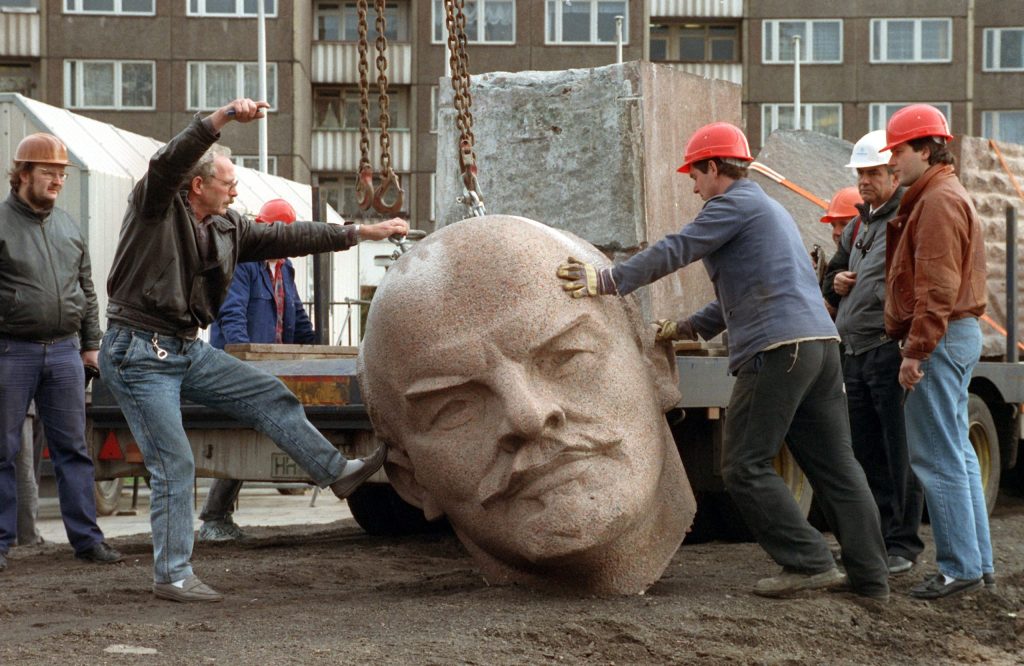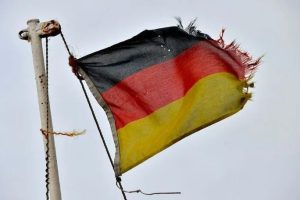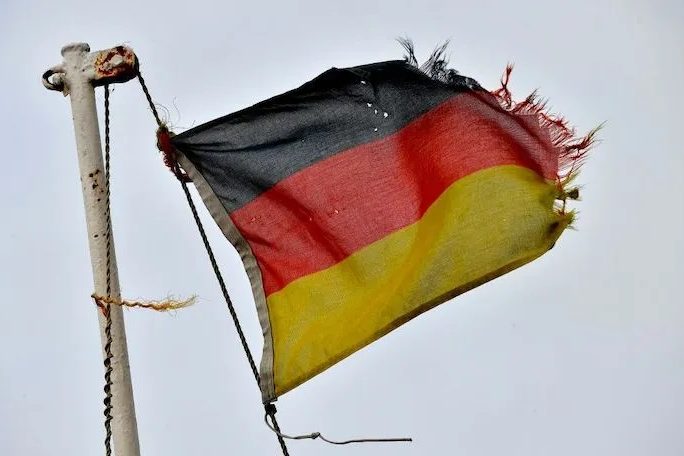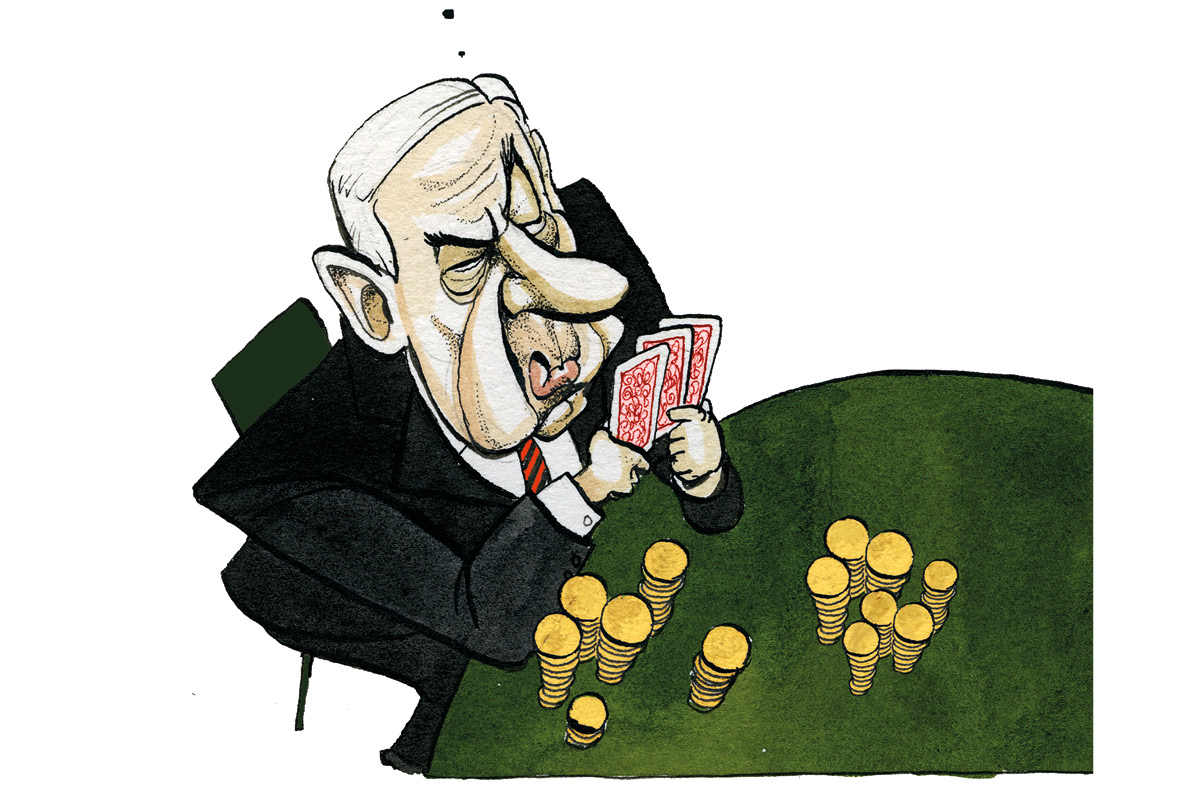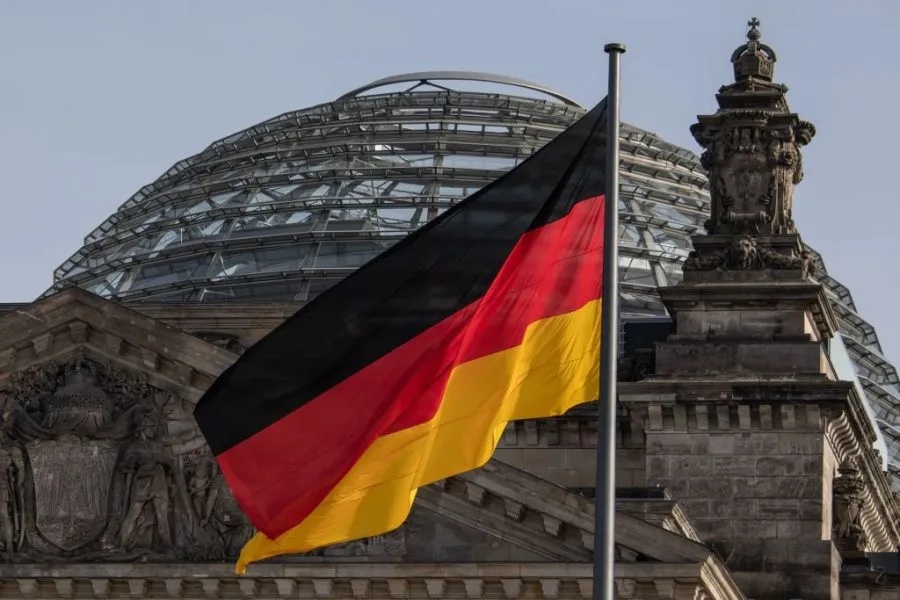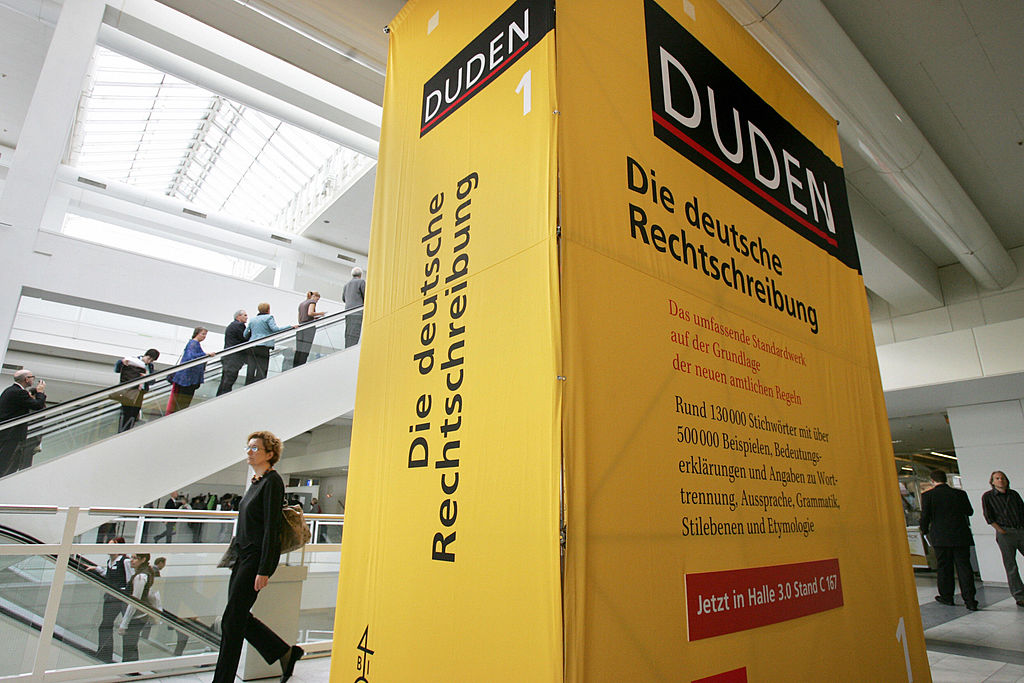A specter is haunting Germany — the specter of the AfD. Having come to prominence on a wave of anti-migrant sentiment, most German commentators believed that the Alternative für Deutschland was now a spent force.
The party had been able to attract center-right voters following the 2015 migrant crisis, many of whom may not have agreed with its entire manifesto but sought a political outlet for their skepticism of Merkel’s handling of the crisis. But last year, its national polling dropped to just over half the level of support it enjoyed in late 2018.
The pandemic has brought to the surface many of the AfD’s most extreme members and activists, including anti-vaxxers and conspiracy theorists. This seemed to have made them unelectable — or so we were told.
Questions remain about the party’s prospects after the weekend’s state elections in Saxony-Anhalt. AfD looked to be on course for a quarter of the votes in the east German state — but ended up securing 20.8 percent.
The feared resurgence of the AfD in Saxony-Anhalt is a symptom of a wider trend in regions of Germany that once lay behind the Iron Curtain. Support for the nationalistic party is far higher in the states that had formed the GDR. In three of them — Saxony, Saxony-Anhalt and Thuringia — nearly one in four voters support the far-right party.
The fact that East Germans are more likely to vote for the AfD has led many national (which often means West German) politicians to give up on the region. The government’s secretary for East Germany, Marco Wanderwitz, recently caused outrage when he said former GDR voters were ‘lost to democracy’. ‘Those who vote for right-wing parties do not take the rule of law, democracy and our constitution seriously,’ he explained.
The notion that East Germans are somehow historically incapable of pro-democratic sentiment is as insulting as it is dangerous. The truth is that over 30 years after the Berlin Wall fell in 1989, East Germans still earn less money, have higher unemployment rates and lower job security than their Western counterparts. Many still harbor bitter feelings of resentment about a botched privatization process that robbed so many of their livelihoods and their identities. Under chancellor Helmut Kohl, whole sectors were rapidly sold off into private western hands, often for symbolic sums that stood in no relation to the real value of a company. Fortunes were made by a few, jobs lost by many.
None of the established West German parties have offered East Germans anything besides silent assimilation. The vast majority of former GDR citizens accepted this and turned to them regardless, but a sizable minority did not. They talk of politicians as ‘those up there’, people that are utterly disconnected from them and have given up on them.
One question is why Angela Merkel has not been more effective at pulling down the stubborn social remnants of the Iron Curtain. When she was a child, her father moved the family from West Germany into the GDR. When she became chancellor, hopes were raised among fellow East Germans that she would understand and support them.
Armin Laschet, the man who hopes to replace her, offers few solutions. Asked in an interview about his opinion of the AfD, the Christian Democrat candidate merely said, ‘we won’t talk to them, we won’t cooperate with them…our firewall stands firm’. There seems to be no understanding that the AfD is a symptom of a deeper problem — nor that the use of the word ‘wall’ may be problematic in this context. The CDU’s firewall may stand firm but so too does the legacy of the Berlin Wall.
Laschet had not even planned to visit the state of Saxony-Anhalt before the election until the local party asked him to at short notice. His campaign there felt half-hearted and contrived. The message could not be clearer: this was a chore he could have done without. The Rhinelander doesn’t care about his East German voters. Given his party’s neck-to-neck battle in the federal elections, this may yet prove costly.
This article was originally published on The Spectator’s UK website.



